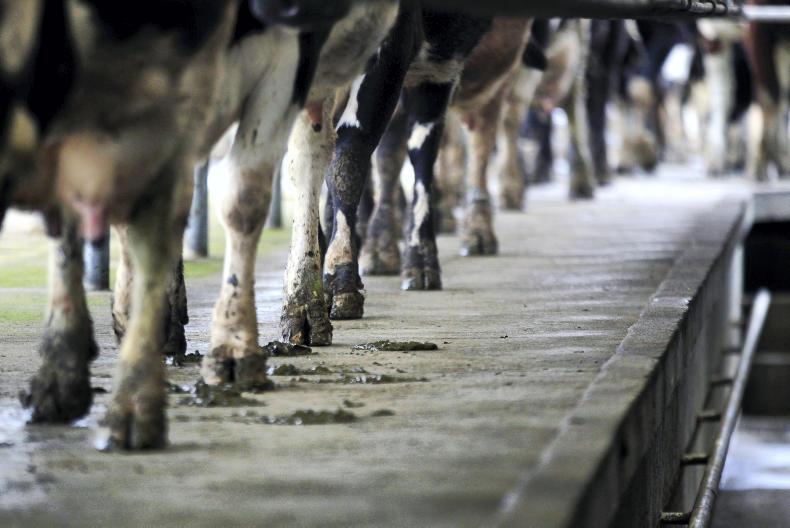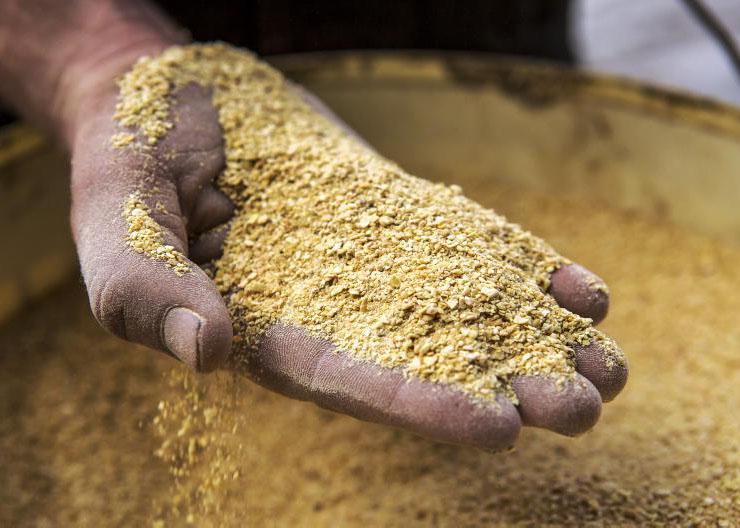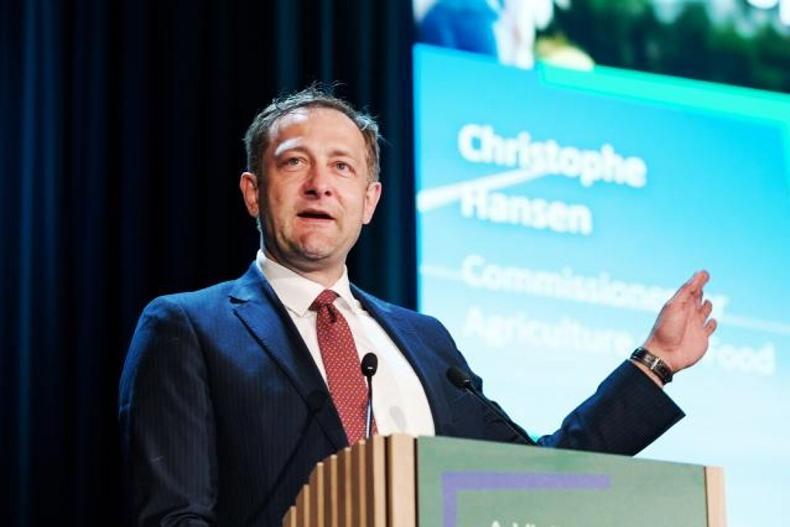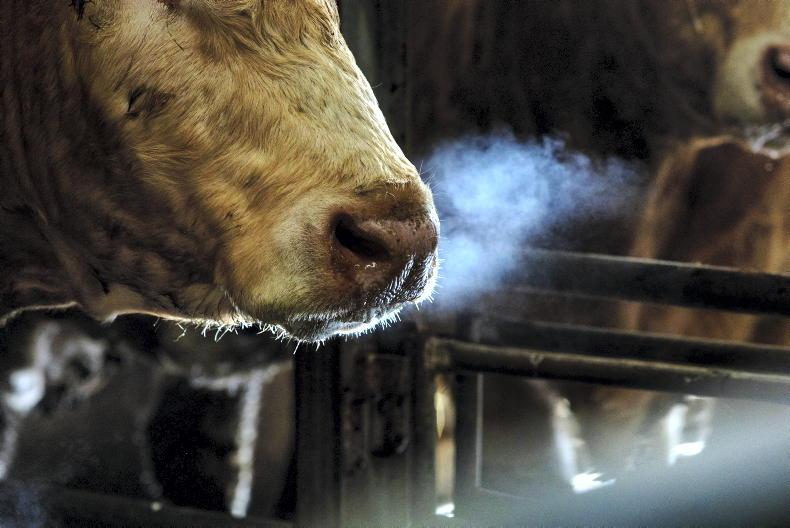If milk prices do not rise, dairy farms are running faster to stand still. This was the view expressed by executive secretary of the IFA dairy committee Catherine Lascurettes at a meeting held in Navan on Tuesday night for Glanbia suppliers. While milk prices are at the same level as they were in 1995, the average industrial wage, prices of agricultural land, houses and motor diesel have all shot up.
The 1995 milk price was 30c/l for 3.7% fat and 3.3% protein, figures from the Central Statistics Office show.
“In many ways this is superficial, farms are now producing considerably more milk than they were in 1995. But it is running faster to stand still [if milk prices do not rise],” Lascurettes said. Since 2015 processors have invested over half a billion in additional stainless steel to process extra milk produced.
However, farmers have invested twice that figure since 2015 and have made considerable improvements in quality indicators.
“Butterfat has increased by 12% since 1999, and protein 8%, producing a much more usable quality dry matter for processing and profitable export,” Lascurettes said.
Farmers are still paying bills from 2018 and anecdotal evidence suggests that merchants are operating at a high level of credit
Combined with this the unit price of milk increased last year, with fertiliser and feed costs rising significantly. An additional €189m was spent on inputs in 2019.
Dairy feed usage rose by 38%, an extra 400kg per cow. Feed was also more expensive last year, so feed costs rose by more than half according to Teagasc figures. Forage costs also rose by 13% per litre of milk produced.
Teagasc figures show that total production costs rose by 2.5c/l to 25.2c/l in 2018. Farmers are still paying bills from 2018 and anecdotal evidence suggests that merchants are operating at a high level of credit. Meanwhile the price of milk in March 2019 is 4c/l less than March 2018.
“Farmers need every last cent they can get their hands on,” said Lascurettes. “The market justifies holding the price at the moment. This is not only justified but necessary.”
Meath IFA dairy chair Eddie Bannon added that most farmers at the meeting in Navan have maxed out their grazing platform in terms of stocking rates.
“We can get no bigger so we need more money,” he said.
Read more
Anger building up among Glanbia suppliers – IFA
If milk prices do not rise, dairy farms are running faster to stand still. This was the view expressed by executive secretary of the IFA dairy committee Catherine Lascurettes at a meeting held in Navan on Tuesday night for Glanbia suppliers. While milk prices are at the same level as they were in 1995, the average industrial wage, prices of agricultural land, houses and motor diesel have all shot up.
The 1995 milk price was 30c/l for 3.7% fat and 3.3% protein, figures from the Central Statistics Office show.
“In many ways this is superficial, farms are now producing considerably more milk than they were in 1995. But it is running faster to stand still [if milk prices do not rise],” Lascurettes said. Since 2015 processors have invested over half a billion in additional stainless steel to process extra milk produced.
However, farmers have invested twice that figure since 2015 and have made considerable improvements in quality indicators.
“Butterfat has increased by 12% since 1999, and protein 8%, producing a much more usable quality dry matter for processing and profitable export,” Lascurettes said.
Farmers are still paying bills from 2018 and anecdotal evidence suggests that merchants are operating at a high level of credit
Combined with this the unit price of milk increased last year, with fertiliser and feed costs rising significantly. An additional €189m was spent on inputs in 2019.
Dairy feed usage rose by 38%, an extra 400kg per cow. Feed was also more expensive last year, so feed costs rose by more than half according to Teagasc figures. Forage costs also rose by 13% per litre of milk produced.
Teagasc figures show that total production costs rose by 2.5c/l to 25.2c/l in 2018. Farmers are still paying bills from 2018 and anecdotal evidence suggests that merchants are operating at a high level of credit. Meanwhile the price of milk in March 2019 is 4c/l less than March 2018.
“Farmers need every last cent they can get their hands on,” said Lascurettes. “The market justifies holding the price at the moment. This is not only justified but necessary.”
Meath IFA dairy chair Eddie Bannon added that most farmers at the meeting in Navan have maxed out their grazing platform in terms of stocking rates.
“We can get no bigger so we need more money,” he said.
Read more
Anger building up among Glanbia suppliers – IFA









SHARING OPTIONS